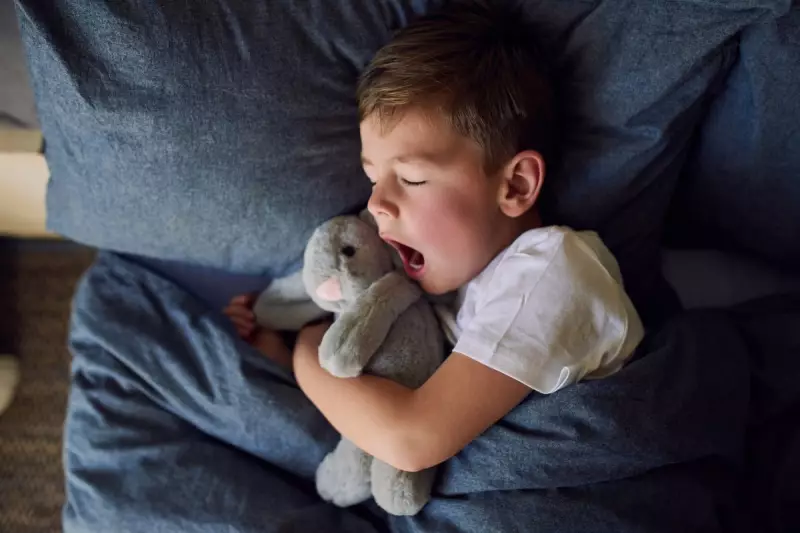
Alarming new research has uncovered a silent health crisis affecting children across the UK, with sleep deprivation emerging as a major threat to young people's physical and mental wellbeing.
The Startling Statistics
Recent studies indicate that a significant percentage of British children are consistently failing to get the recommended amount of sleep for their age group. This chronic sleep shortage is creating a domino effect of health complications that could have lifelong consequences.
Physical Health Consequences
The research reveals several concerning physical impacts:
- Weakened immune systems leading to increased illness frequency
- Disruption of growth hormone production during critical development years
- Increased risk of obesity and metabolic disorders
- Higher susceptibility to chronic health conditions
Mental and Emotional Toll
The psychological effects are equally worrying, with sleep-deprived children showing:
- Reduced cognitive function and academic performance
- Increased anxiety and depression symptoms
- Behavioural problems and emotional instability
- Difficulty with concentration and memory retention
Why Are Children Sleeping Less?
Experts point to multiple factors contributing to this worrying trend, including excessive screen time, packed schedules, academic pressure, and poor sleep hygiene habits. The blue light from electronic devices has been particularly implicated in disrupting natural sleep patterns.
What Parents Can Do
Healthcare professionals recommend establishing consistent bedtime routines, limiting screen exposure before sleep, creating restful bedroom environments, and being vigilant about the early warning signs of sleep deprivation.
The research serves as a crucial wake-up call for parents, educators, and healthcare providers to prioritise sleep as a fundamental component of children's health, rather than treating it as a luxury that can be sacrificed for other activities.





